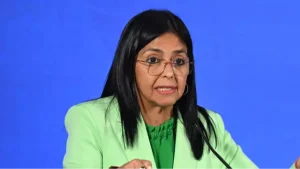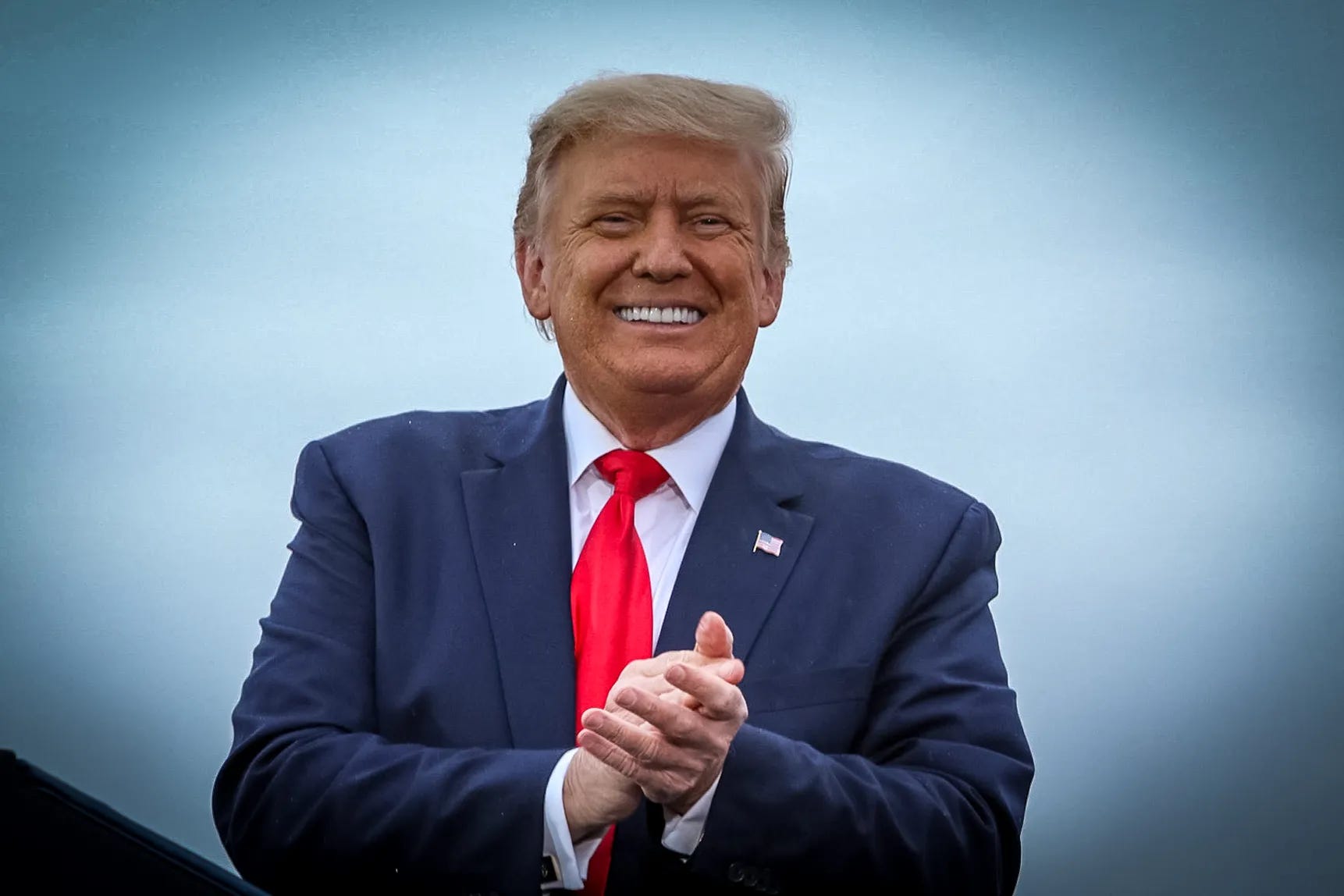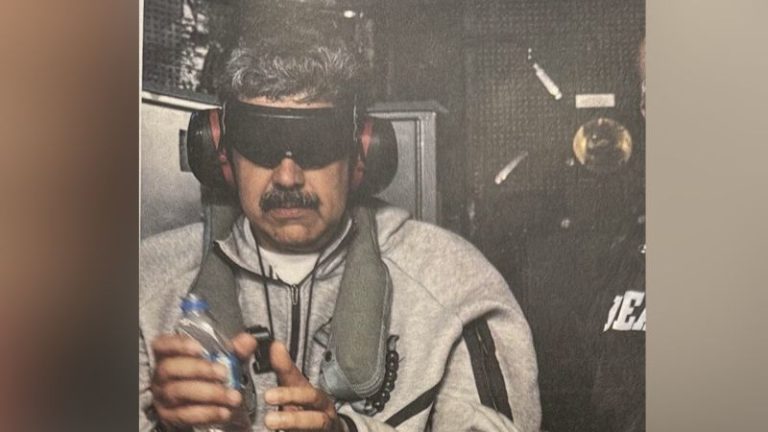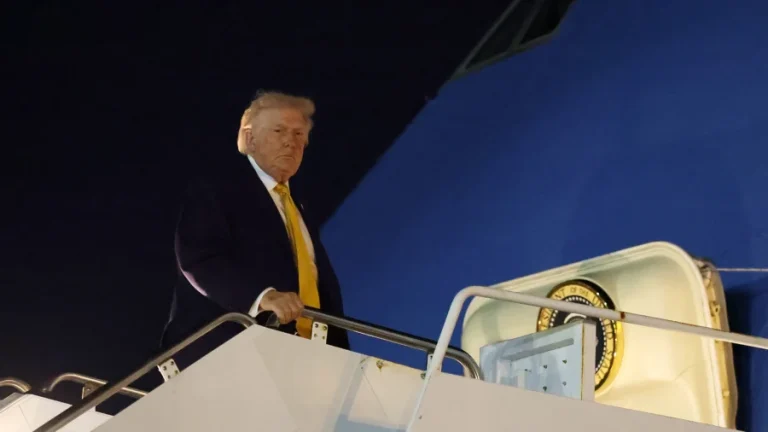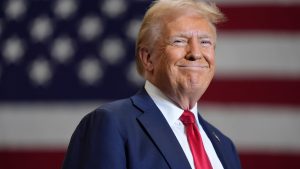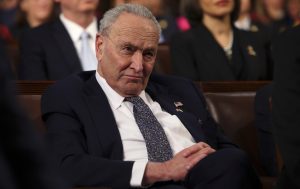President Trump Announces Major Clemency Action
President Donald Trump has issued a series of pardons and commutations affecting dozens of individuals connected to legal cases stemming from the 2020 presidential election. The announcement comes at a politically charged time and is already generating significant discussion across both legal and political circles.
While the president framed the action as a corrective measure addressing perceived injustices, the scope of the pardons is substantial and includes some of his closest allies from the 2020 election period. The clemency order has raised questions about the limits of presidential power, as well as the potential impact on ongoing and future legal proceedings.
What the Proclamation Covers
The official proclamation is broad, covering individuals involved in a wide range of election-related activities. According to the text, the pardons extend to people who were “engaged in advice, creation, organization, execution, submission, support, voting activities, participation in, or advocacy for any slate or proposed slate of presidential electors,” regardless of whether the slates were recognized by state officials. It also applies to individuals involved in efforts to investigate or report alleged irregularities in the 2020 election.
The announcement stops short of granting clemency to President Trump himself. Any ongoing legal matters involving the former president remain unaffected by the proclamation, though it shields a long list of political operatives, lawyers, and activists who were involved in post-election disputes.
Notable Recipients
Among the names explicitly mentioned in the proclamation are Rudy Giuliani, former mayor of New York and Trump’s personal attorney during the 2020 election; John Eastman, one of Trump’s key legal advisors; and Tyler Bowyer, a prominent Turning Point USA official. However, these three represent only a fraction of the more than 70 individuals included.
Other recipients include lawyers, state-level political operatives, and activists with connections to efforts to contest the 2020 election results. A full list names figures such as Jenna Ellis, Jeffrey Clark, Sidney Powell, Mark Meadows, and several others. Many of the individuals were involved in legal strategies, alternative elector slates, or advocacy around voting irregularities.
Reactions from Recipients
Bowyer expressed gratitude for the pardon on social media, highlighting the personal and financial strain that legal proceedings had placed on him and others. He wrote that the pardon represented not only relief for those directly involved but also a recognition of the challenges they faced while navigating the legal and political fallout from 2020.
Other recipients have not publicly commented, though observers anticipate a mix of legal relief and political statements in the coming days. The pardons could also affect ongoing civil or administrative matters, although they do not retroactively erase convictions or settlements outside the federal criminal system.
Potential Impact on State Cases
One area of immediate attention is Arizona, where Attorney General Kris Mayes had been prosecuting a “fake electors” case tied to the 2020 election. Eighteen individuals were indicted after submitting an alternative slate of electors, and the case was subsequently remanded to a grand jury. Attempts by the AG to appeal to the state Supreme Court were unsuccessful.
Although the pardon does not automatically dismiss state-level charges, legal experts note that it may influence decisions about whether to continue prosecuting these cases. The timing of the proclamation could also affect ongoing proceedings in other states where similar election-related matters are pending.
Legal and Political Considerations
The pardons have raised significant debate about the proper use of executive clemency powers. Critics argue that issuing pardons to political allies involved in contested elections risks undermining public confidence in both the electoral system and the impartiality of the justice system. Supporters contend that these individuals were targeted for political reasons and that the pardons are a corrective measure for what they describe as a highly politicized legal environment.
Legal scholars have also noted that while the pardons protect the recipients from federal prosecution related to their post-election actions, they do not prevent civil suits, state-level prosecutions, or future federal charges unrelated to the election. The proclamation also leaves unresolved the question of accountability for President Trump himself, who remains outside the scope of the pardon.
Historical Context
Presidential pardons are not uncommon, but the scale and political context of this action make it notable. The United States has seen broad pardons before, typically in contexts involving mass justice issues, military personnel, or politically sensitive controversies. However, few have involved such a large number of politically connected individuals tied to a single presidential election.
The move echoes past debates over executive power, the balance between legal accountability and political discretion, and the potential long-term implications for governance and public trust in electoral processes.
Public and Political Reactions
Public reaction has been divided along political lines. Some supporters hail the pardons as necessary relief for individuals they believe were unfairly targeted, while critics frame the action as politically motivated and potentially corrosive to democratic norms.
Media outlets and political commentators are analyzing both the immediate and downstream effects of the pardons, including how they may influence ongoing litigation, public perception of the 2020 election, and the political positioning of Trump’s allies heading into future election cycles.
Some legal experts have cautioned that while the pardons provide immediate protection from federal criminal liability, they do not erase the historical record of legal charges, nor do they necessarily shield recipients from scrutiny in other arenas such as congressional investigations or professional licensing boards.
Statements from Key Figures
Bowyer, one of the more vocal recipients, highlighted the personal toll of the prosecutions and thanked both Trump and his legal counsel for support. Others, including Giuliani and Eastman, are expected to comment publicly in the coming days, likely emphasizing themes of vindication and political bias in the investigations they faced.
Political analysts note that these pardons come at a sensitive moment, as debates over electoral integrity, executive authority, and post-election accountability remain central to American political discourse. The action is likely to dominate coverage and social media discussion in the short term, with potential reverberations in ongoing and future state-level and federal legal matters.
Conclusion
President Trump’s latest series of pardons represents a major intervention in the ongoing legal and political aftermath of the 2020 presidential election. While the immediate beneficiaries are relieved from federal prosecution, the action raises broader questions about executive authority, political accountability, and the long-term implications for electoral governance.
By selectively shielding individuals connected to election-related controversies, the proclamation underscores the complex intersection of law, politics, and presidential clemency. Observers will continue to monitor how the pardons affect pending legal proceedings, political narratives, and public confidence in democratic institutions.
This action, unprecedented in scope and politically sensitive, ensures that debates about presidential pardons and election accountability will remain a central topic in American politics for months to come.

Sarah Mitchell is a bestselling novelist recognized for her insightful and emotionally resonant stories that explore the complexities of human relationships. Originally from Denver, Colorado, Sarah grew up in a family of teachers who nurtured her curiosity and love for storytelling. She studied psychology at Stanford University, where she became fascinated by the intricacies of human behavior—an interest that would later shape her writing career. Sarah’s novels are praised for their nuanced characters, intricate plots, and ability to capture the subtle tensions that define love, friendship, and family ties. Her breakthrough novel, The Spaces Between Us, became an instant bestseller, lauded for its honest portrayal of strained family relationships and the fragile bonds that hold people together. Since then, she has published several works that continue to captivate audiences around the world. Outside of her writing career, Sarah is passionate about mental health advocacy and often partners with organizations to promote awareness and support for those struggling with emotional well-being. Her personal life is quieter—she enjoys hiking in the Colorado mountains, practicing yoga, and spending time with close friends. With each new book, Sarah Mitchell cements her reputation as a writer who illuminates the beauty and struggles of human connection.


